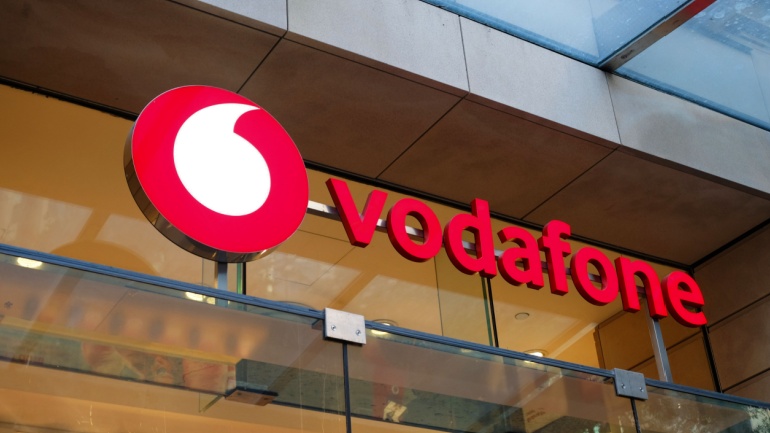Swisscom’s acquisition of Vodafone Italia for €8 billion is set to shake Italy’s telecom industry, merging Vodafone with Fastweb. This reduces mobile operators, challenging TIM’s market dominance. The move boosts Swisscom’s competitive edge, marking a significant milestone in expanding its European telecom presence.
Swisscom’s acquisition of Vodafone Italia marks a pivotal shift in the telecom landscape, with the deal set to make it Italy’s second-largest fixed-line broadband provider. This €8 billion agreement promises operational efficiencies, substantial savings, and heightened competition, significantly impacting the VoIP landscape and telecom sector dynamics in Italy.
The European Commission has approved Swisscom’s acquisition of Vodafone Italia, pushing forward an important €8 billion telecom deal. This merger is set to form Italy’s second-largest fixed-line broadband provider, enhancing competitiveness and efficiency. Vodafone plans to maintain service provisions to Swisscom, aligning with its broader European strategy.
Swisscom, known for its seamless integration of Swiss precision and innovation, has taken a leap into the realm of artificial intelligence with the launch of its Swiss AI Platform. This modular platform promises to be a one-stop solution for all AI needs, blending the renowned reliability of Swiss infrastructure with cutting-edge technology from Nvidia.
Swisscom has revealed that its Italian subsidiary, FastWeb, has sold its 4.5% stake in FiberCop to Optics BidCo, a subsidiary of KKR, for €439 million. FiberCop, formed in 2021 by Telecom Italia (TIM), KKR, and FastWeb, manages the ‘last mile’ fibre network, connecting homes to street cabinets.
Continuing their established partnership, Swisscom and Ericsson unveiled a multi-year agreement to boost Swisscom’s innovation and increase energy efficiency for its 5G network. The pact includes Ericsson’s Intelligent Automation Platform, facilitating advanced network management. Their united effort aims to significantly enhance user experience, while also pushing for sustainability and substantial operational savings.
In a notable development, Vodafone has agreed to sell its operations in Italy to Swisscom, the Swiss telecommunications giant, for €8 billion, marking a significant shift in its business strategy. This sale is part of a broader effort by Vodafone to restructure its operations across Europe, aiming for a stronger, more focused presence in growing markets.
Vodafone has announced its intention to sell its Italian branch to Swisscom for a total of €8 billion in cash, signaling a significant shift in the telecom landscape. This revelation came on Wednesday, following intense speculation in the media regarding such a transaction. The two companies have entered into exclusive discussions concerning Vodafone Italy, though a definitive agreement has yet to be finalized.
In a strategic move aimed at bolstering its standing in the realm of artificial intelligence (AI), Swiss telecommunications giant Swisscom has entered into a partnership with Nvidia. The collaboration, unveiled at the AI House Davos during the World Economic Forum, involves the creation of generative AI full-stack supercomputers utilizing Nvidia accelerators and AI software in Switzerland and Italy.
In a bid to level up its national network capabilities, Swisscom has partnered with Nokia to breathe life into its Next Evolution Wavelength Transport Optical Network (NEWTON). This cutting-edge network is designed to deliver high performance, cost efficiency, and an elevated customer experience. Amid the increased demand for robust support from remote workforces to cloud computing, Swisscom turned to Nokia’s comprehensive range of optical networking solutions, a move that saw a significant upgrade which included the launch of 22 backbone sites and 560 metro sites.













